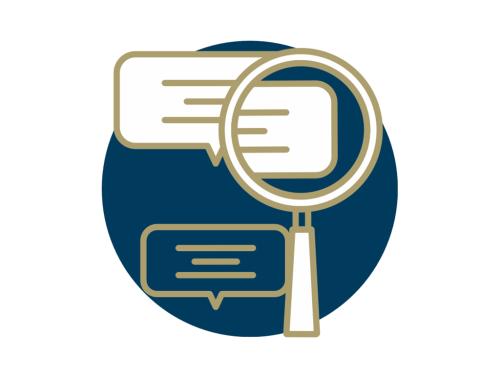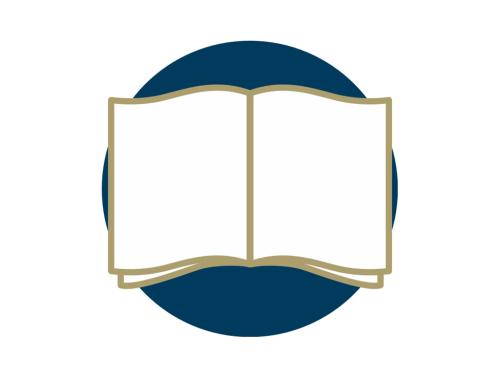Reviewing the Second Trump Administration’s First Year with RegStats
After reaching a historic peak in 2024, the total number of Federal Register pages fell sharply in 2025 in the first year of Trump’s second term.


The GW Regulatory Studies Center scholars regularly conduct applied research to understand regulatory policy and practice from a public interest perspective. Our content often takes the form of public interest comments, formal testimony, working papers, policy insights, and short commentaries analyzing the most pressing issues in regulatory policy. View the rest of our material by the different types of publications listed on this page or our research areas.

Long-form publications intended for academic audiences that take a deep dive into a particular aspect of regulatory policy.

Scholarly analysis of the potential effects of particular rulemakings from federal agencies, and advice to Congress on how to improve the rulemaking process.

Short-form publications intended for all audiences which provide easy to access analysis of regulatory policy.

Formal publications, often completed with other leading organizations and individuals, providing a thorough understanding of regulations and the rulemaking process.

The weekly Regulation Digest contains everything you need to know about regulatory policy today, and our monthly Center Update gives you all of the latest from our team.
For accessible charts and supporting data that you can use in your own publications or presentations, visit the Reg Stats page.
Reviewing the Second Trump Administration’s First Year with RegStats
After reaching a historic peak in 2024, the total number of Federal Register pages fell sharply in 2025 in the first year of Trump’s second term.
Montgomery v Caribe Transport Oral Argument Preview
A preview of oral arguments in Montgomery v. Caribe Transport this week at the Supreme Court
Creating Clear Regulatory Pathways for Biotechnology
Summary of a discussion of regulatory experts convened with the National Security Commission on Emerging Biotechnology
No Further Comment: The Erosion of Public Comment in the EU and US
Governments on both sides of the Atlantic have recently taken steps to limit opportunities for public comment during the policymaking process.
Skynet Isn’t Sci-Fi – It’s a Governance Pattern We Know Too Well
Regulation of artificial intelligence is a government competency we cannot afford to bungle
AI as a Research Assistant for Regulatory Studies – a Methodological Note
A brief guide to using large language models as research assistants to study public participation in rulemaking (and, more broadly, regulation as a whole)
Federal Permitting Under FAST-41: Timelines, Coordination, and Sequence of Permits
The environmental permitting process uses a coordinated framework that was enhanced under the 2015 Fixing America’s Surface Transportation (FAST-41) Act
Valuing the Benefits of Reducing Fine Particles
EPA’s new rule fails to reform the agency’s methods for calculating benefits when regulating particulate matter.
Update on VanDerStok “Deference”
The Court’s turn to super-deference in VanDerStok cannot be reconciled with its abandonment of the Chevron doctrine
Who Opposes the (Revised) Regulatory Accountability Act?
During the 115th Congress, a bipartisan group of Senators introduced the Regulatory Accountability Act
